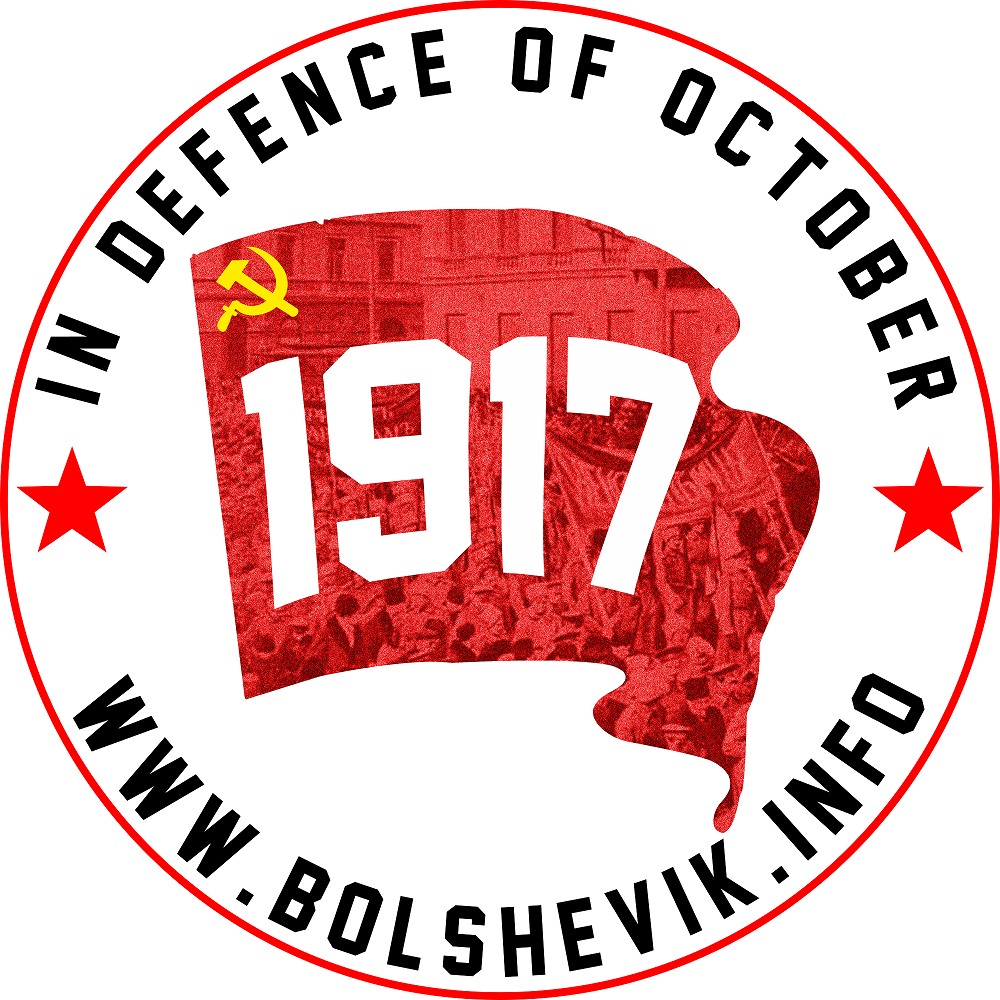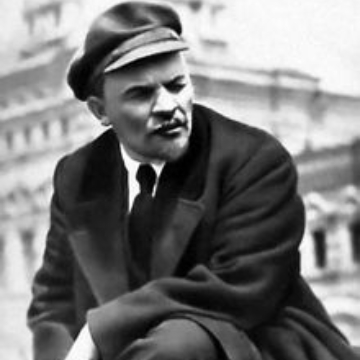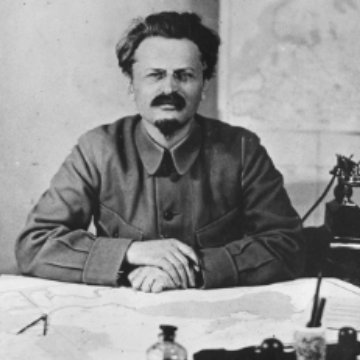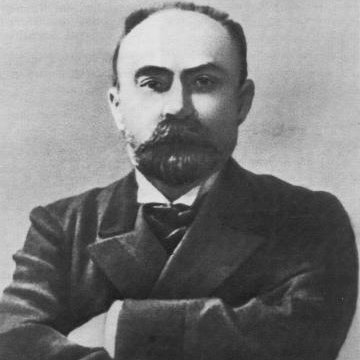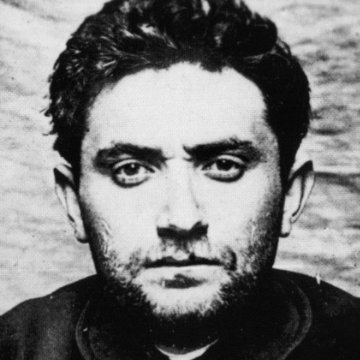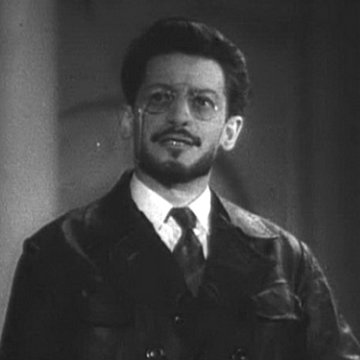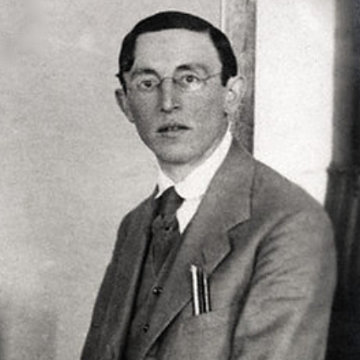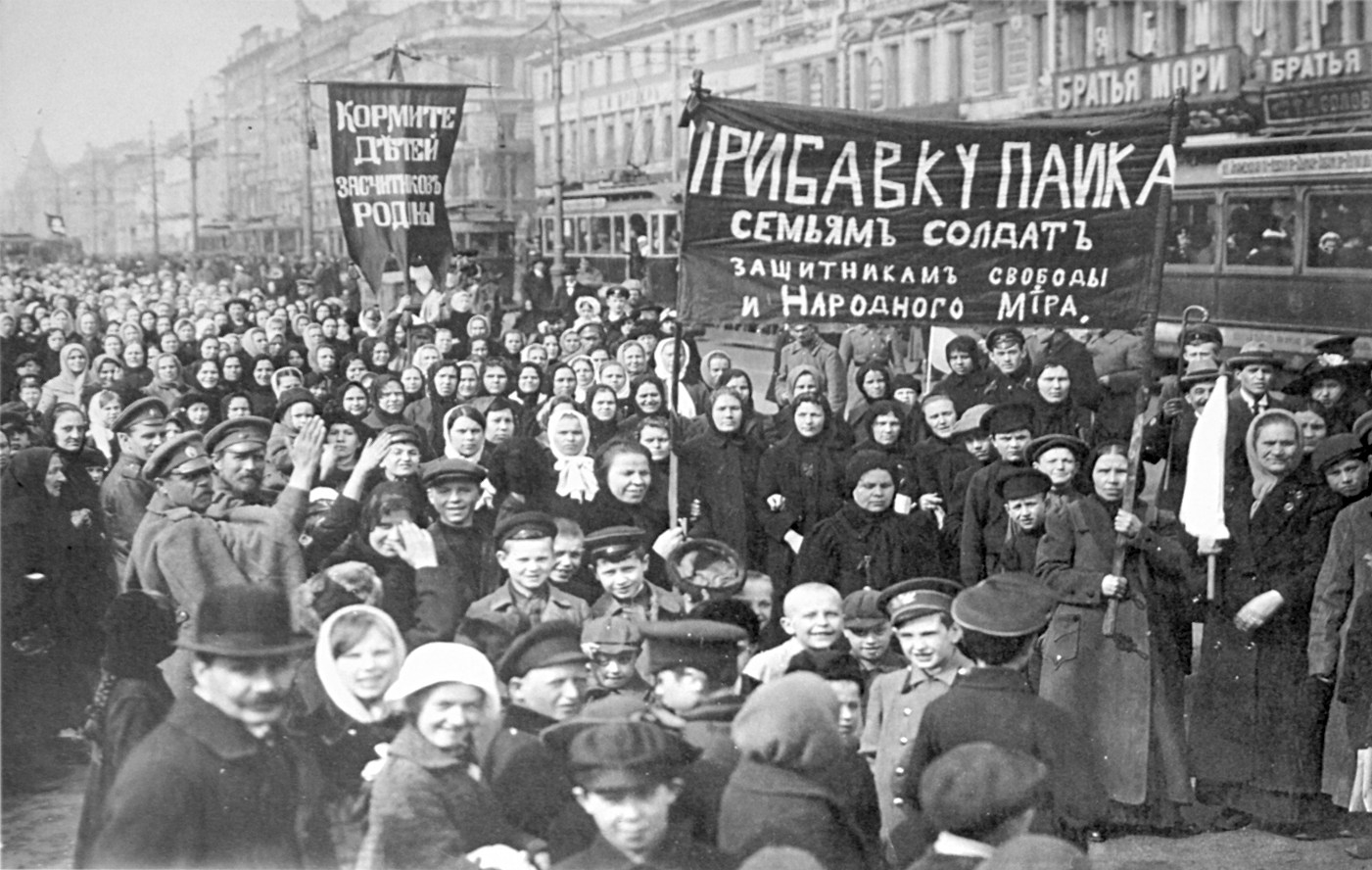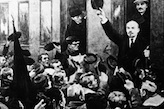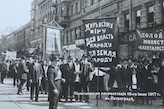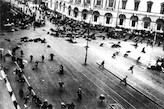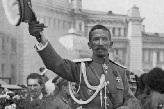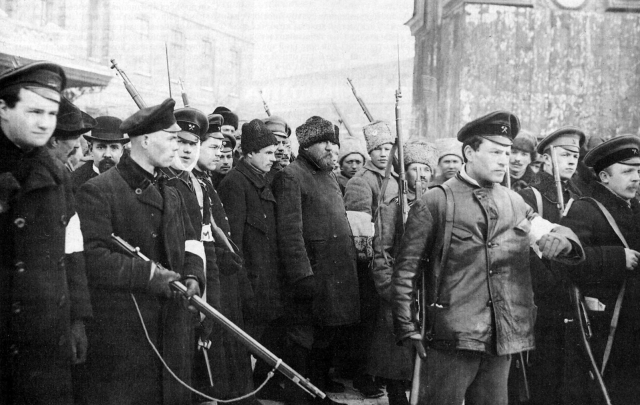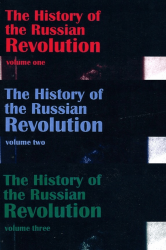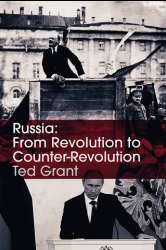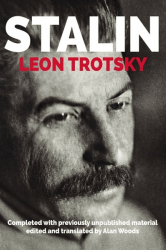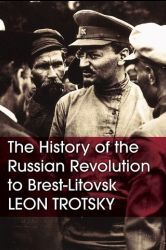9) Resolution on the War
I
The present war is, on the part of both groups of the belligerent powers, an imperialist war, i. e., one waged by the capitalists for the division of the profits obtained from world domination, for markets for finance (banking) capital, for the subjugation of the weaker nationalities, etc. Each day of war enriches the financial and industrial bourgeoisie and impoverishes and saps the strength of the proletariat and the peasantry of all the belligerents, as well as of the neutral countries. In Russia, moreover, prolongation of the war involves a grave danger to the revolution’s gains and its further development.
The passing of state power in Russia to the Provisional Government, a government of the landowners and capitalists, did not and could not alter the character and meaning of the war as far as Russia is concerned.
This fact was most strikingly demonstrated when the new government not only failed to publish the secret treaties between Tsar Nicholas II and the capitalist governments of Britain, France, etc., but even formally and without consulting the nation confirmed these secret treaties, which promise the Russian capitalists a free hand to rob China, Persia, Turkey, Austria, etc. By concealing these treaties from the people of Russia the latter are being deceived as to the true character of the war.
For this reason, no proletarian party that does not wish to break completely with internationalism, i. e., with the fraternal solidarity of the workers of all countries in their struggle against the yoke of capital, can support the present war, or the present government, or its loans.
No trust can be placed in the present government’s promises to renounce annexations, i. e., conquests of foreign countries or retention by force of any nationality within the confines of Russia. For, in the first place, the capitalists, bound together by the thousand threads of banking capital, cannot renounce annexations in this war without renouncing the profits from the thousands of millions invested in loans, concessions, war industries, etc. And secondly, the new government, after renouncing annexations to mislead the people, declared through Milyukov (Moscow, April 9, 1917) that it had no intention of renouncing them, and, in the Note of April 18 and its elucidation of April 22, confirmed the expansionist character of its policy. Therefore, in warning the people against the capitalists’ empty promises, the Conference declares that it is necessary to make a clear distinction between a renunciation of annexations in word and a renunciation of annexations in deed, i. e., the immediate publication and abrogation of all the secret, predatory treaties and the immediate granting to all nationalities of the right to determine by free voting whether they wish to be independent states or to be part of another state.
II
The “revolutionary defencism”, which in Russia has now permeated all the Narodnik parties (the Popular Socialists, Trudoviks, and Socialist-Revolutionaries), the opportunist party of the Menshevik Social-Democrats (the Organising Committee, Chkheidze, Tsereteli, etc.), and the majority of the non-party revolutionaries, reflects, in point of class significance, the interests and point of view of the well-to-do peasants and a part of the small proprietors, who, like the capitalists, profit by oppressing weak peoples. on the other hand, “revolutionary defencism” is a result of the deception by the capitalists of a part of the urban and rural proletariat and semi-proletariat, who, by their class position, have no interest in the profits of the capitalists and in the imperialist war.
The Conference recognises that any concessions to “revolutionary defencism” are absolutely impermissible and virtually signify a complete break with internationalism and socialism. As for the defencist tendencies among the broad masses, our Party will fight against these tendencies by ceaselessly explaining the truth that the attitude of unreasoning trust in the government of the capitalists, at the moment, is one of the chief obstacles to a speedy termination of the war.
III
In regard to the most important question of all, namely, how to end the present capitalist war as soon as possible, not by a coercive peace, but by a truly democratic peace, the Conference recognises and declares the following:
This war cannot be ended by a refusal of the soldiers of one side only to continue the war, by a simple cessation of hostilities by one of the belligerents.
The Conference reiterates its protest against the base slander spread by the capitalists against our Party to the effect that we are in favour of a separate peace with Germany. We consider the German capitalists to be as predatory as the Russian, British, French, and other capitalists, and Emperor Wilhelm as bad a crowned brigand as Nicholas II or the British, Italian, Rumanian, and all other monarchs.
Our Party will patiently but persistently explain to the people the truth that wars are waged by governments, that wars are always indissolubly bound up with the policies of definite classes, that this war can be terminated by a democratic peace only if the entire state power, in at least several of the belligerent countries, has passed to the class of the proletarians and semi-proletarians which is really capable of putting an end to the oppressive rule of capital.
In Russia, the revolutionary class, having taken state power, would adopt a series of measures that would undermine the economic rule of the capitalists, as well as measures that would render them completely harmless politically, and would immediately and frankly offer to all nations a democratic peace on the basis of a complete renunciation of every possible form of annexation and indemnity. Such measures and such a frank offer of peace would bring about complete confidence of the workers of the belligerent countries in each other and would inevitably lead to uprisings of the proletariat against those imperialist governments as might resist the offered peace.
Until the revolutionary class in Russia takes the entire state power, our Party will do all it can to support those proletarian parties and groups abroad that are in fact, already during the war, conducting a revolutionary struggle against their imperialist governments and their bourgeoisie. Our Party will particularly support the mass fraternisation of the soldiers of all the belligerent countries that has already begun at the front, endeavouring to turn this instinctive expression of solidarity of the oppressed into a politically conscious movement as well organised as possible for the transfer of all state power in all the belligerent countries to the revolutionary proletariat.
| Pravda No. 44, April 29 (May 12), 1917 | Published according to the typewritten copy of the Minutes verified with the text in Pravda |

